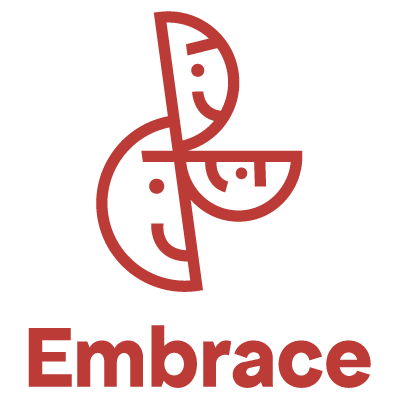Trainings’ time has started!
From September on, Embrace project will get to its heart with the implementation of the main activities, first of all the trainings.
The trainings will be delivered by the selected local trainers – two per each implementing territories – and will be based on Second Tree’s Refugees are People Policy and Training Pathway.
Newcomers will be trained to activate their engagement in the socio-political life of their new community and to become strong interlocutors in the face of institutions that are often unprepared and unwilling to listen.
Decisions-makers will be trained to learn best practices in working with newcomers in a honest, consistent, and caring manner and to reflect on their preconceptions.
The training will consist of a four-workshop cycle, held approximately once a week.
Contents of newcomers training:
- Self-Advocacy: knowledge Building, introduction to the skills and knowledge necessary for a newcomer to advocate for themselves and their communities.
- Problem-Solving: employing a variety of strategies to analyse problems; employing a variety of strategy to brainstorm, develop and troubleshoot possible solutions to community challenges.
- Communication: evaluating and scrutinising strategies to manage and guide both group and one-to-one discussions.
- Leadership: demonstrating the application of leadership and communication skills to capture community members’ concerns and difficulties into a cohesive argument; identifying issues newcomers face when working with decision-makers in their communities and creating solutions for those problems.
Contents of decision-makers’ training:
- Address Preconceptions: examinating what biases or prejudices one, as individual and professional, might hold towards newcomers; evaluating best course of action to prevent biases from negatively impacting the relationship between newcomers and decision-makers.
- Be Fair: analysing the outcome of unfair treatment of newcomers; evaluating solutions to prevent unfair actions from being taken in the future.
- Best Practices for Implementation: learning best practices in working with newcomers in a honest, consistent, and caring manner; employing principles learned in hypothetical scenarios.
- Building Trust: brainstorming common issues that may be faced by the newcomers in their communities; creating solutions to address these problems.
